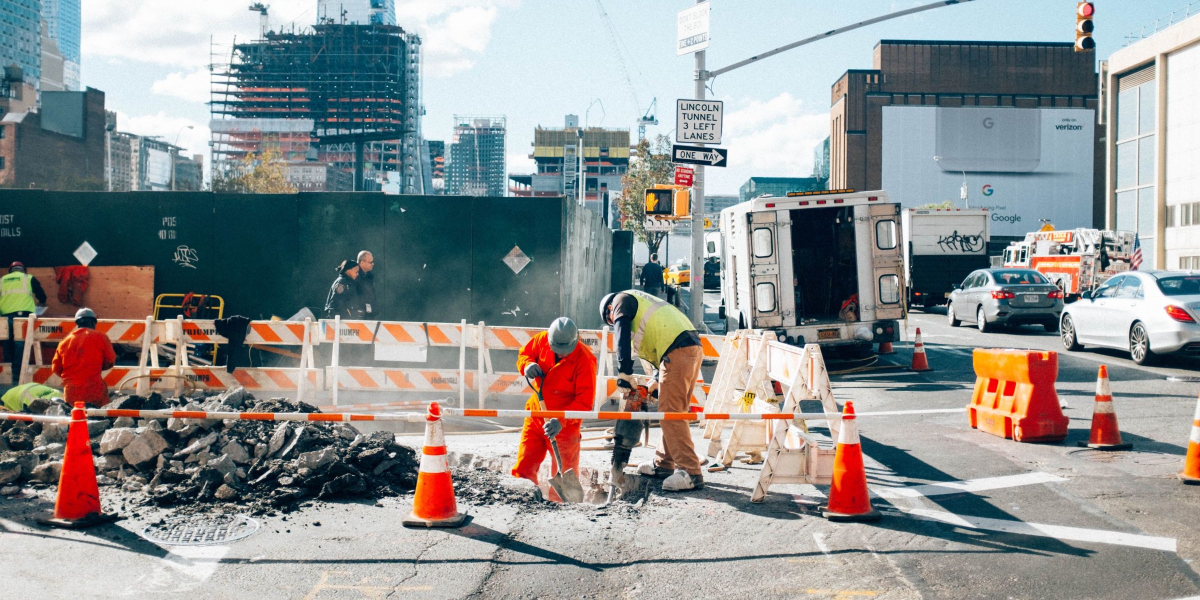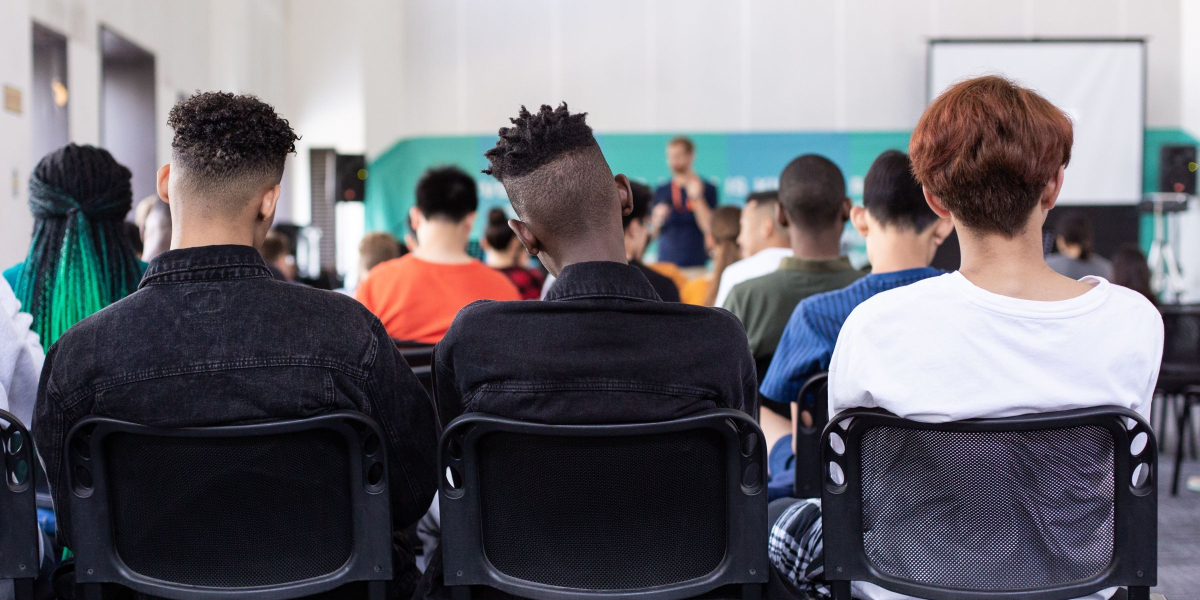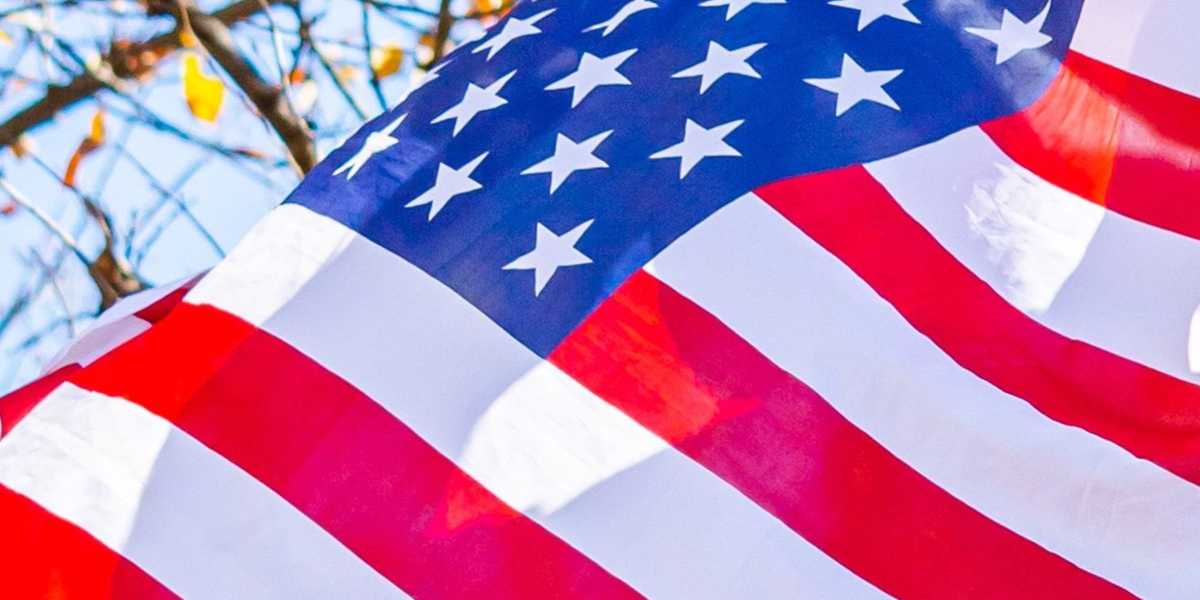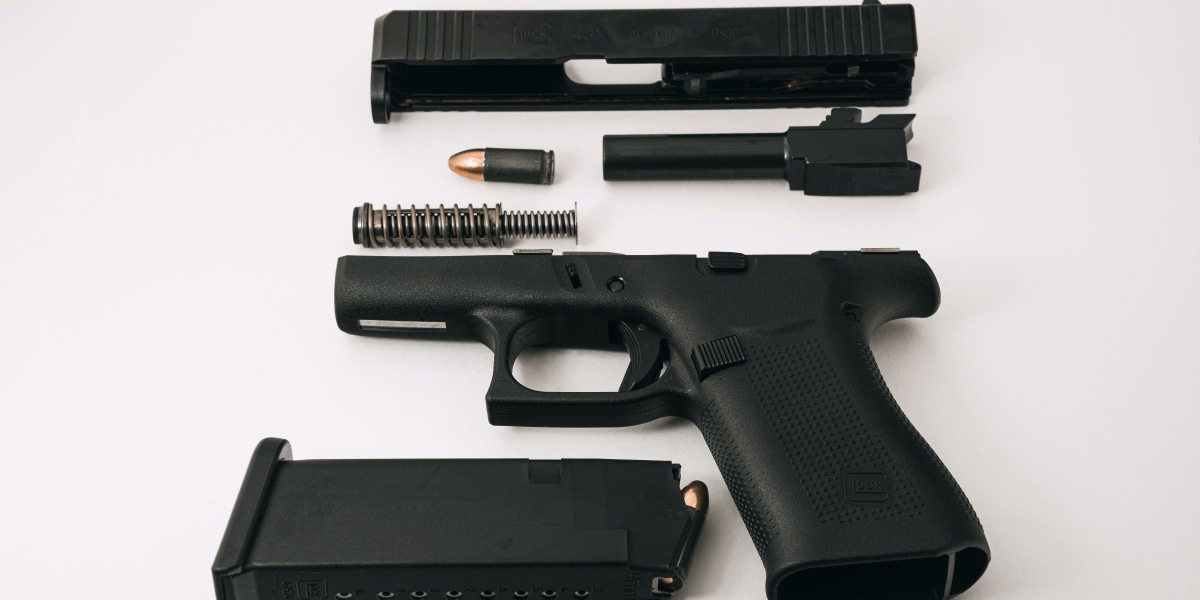In a significant legal victory, Washington state is preparing for a groundbreaking campaign finance reform effort following a lawsuit that challenged the state’s political donation limits. This article explores the backstory of the initial lawsuit, the court’s ruling, and the implications of this historic decision.
Backstory:
The story begins with a lawsuit filed by conservative activist Glen Morgan in 2016. Morgan argued that Washington state’s campaign finance laws, which placed strict limits on political donations, violated his First Amendment rights to free speech. The lawsuit gained traction and eventually made its way to the U.S. Supreme Court.
The Court’s Ruling:
In April 2022, the U.S. Supreme Court issued a decision that could reshape campaign finance regulations nationwide. The Court ruled in favor of Morgan, striking down Washington’s donation limits. The majority opinion argued that while limiting campaign contributions can help prevent corruption, the limits imposed in Washington were excessively low and burdened free speech.
The Implications:
- Increased Donation Limits: The Supreme Court’s decision means that Washington state’s donation limits are no longer in effect. This change allows individuals and organizations to contribute larger sums of money to political campaigns.
- Potential Impact on Elections: With higher donation limits, political campaigns may have access to more funding, potentially altering the dynamics of elections in the state. This could influence campaign strategies, messaging, and overall competitiveness.
- National Ramifications: The Court’s ruling could have far-reaching effects beyond Washington. It may embolden challenges to campaign finance laws in other states, potentially leading to a broader reconsideration of campaign finance regulations at the federal level.
Campaign Finance Reform Efforts:
In response to the court’s decision, Washington state legislators are gearing up for a new era of campaign finance reform. The state’s political leaders, including Governor Jay Inslee, have expressed their commitment to enacting new regulations to address the concerns raised by the Supreme Court’s decision.
Key Areas of Focus:
- Transparency: One key aspect of the reform efforts is a renewed focus on transparency. Policymakers are exploring measures to ensure that the sources of campaign contributions are readily accessible to the public.
- Disclosure Rules: Policymakers are considering enhanced disclosure rules for political advertisements and campaign materials to provide voters with clear information about who is funding political messages.
- Public Financing: Some legislators are advocating for the exploration of public financing options to reduce the influence of private money in elections.
- Bipartisan Cooperation: There is a call for bipartisan cooperation in crafting new campaign finance regulations. The goal is to develop policies that balance the interests of free speech with the need to prevent corruption.
Historic Opportunity:
Washington’s journey from a lawsuit challenging campaign finance laws to the prospect of comprehensive reform represents a historic opportunity for the state. It is a moment when policymakers, activists, and citizens can come together to shape the future of campaign finance in Washington, setting an example for the nation.
While the Supreme Court’s decision has raised questions and challenges, it also offers a chance to reevaluate and improve the rules governing the role of money in politics. The outcome of these reform efforts will not only impact Washington state but also serve as a significant precedent for campaign finance reform discussions across the United States.











